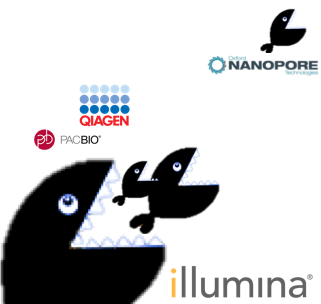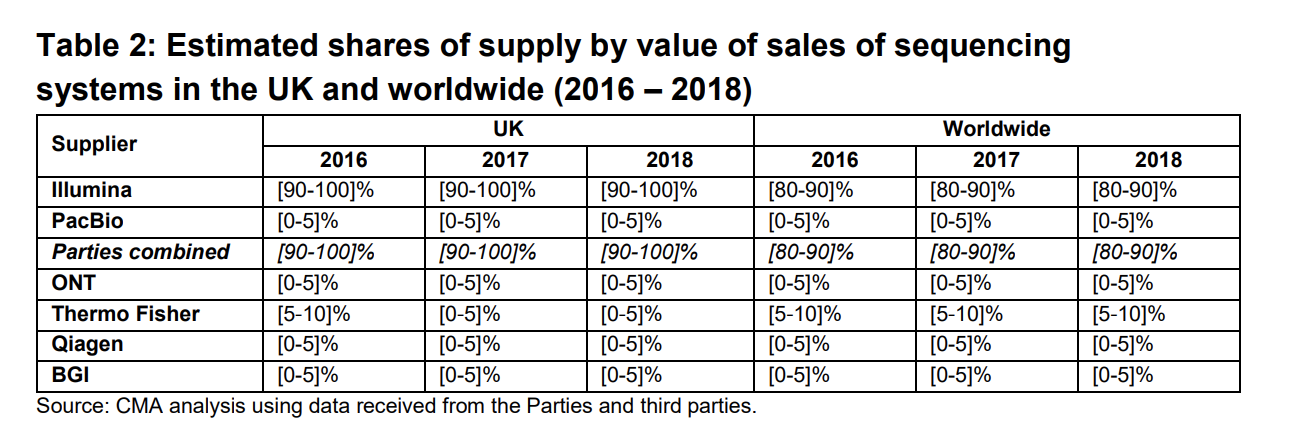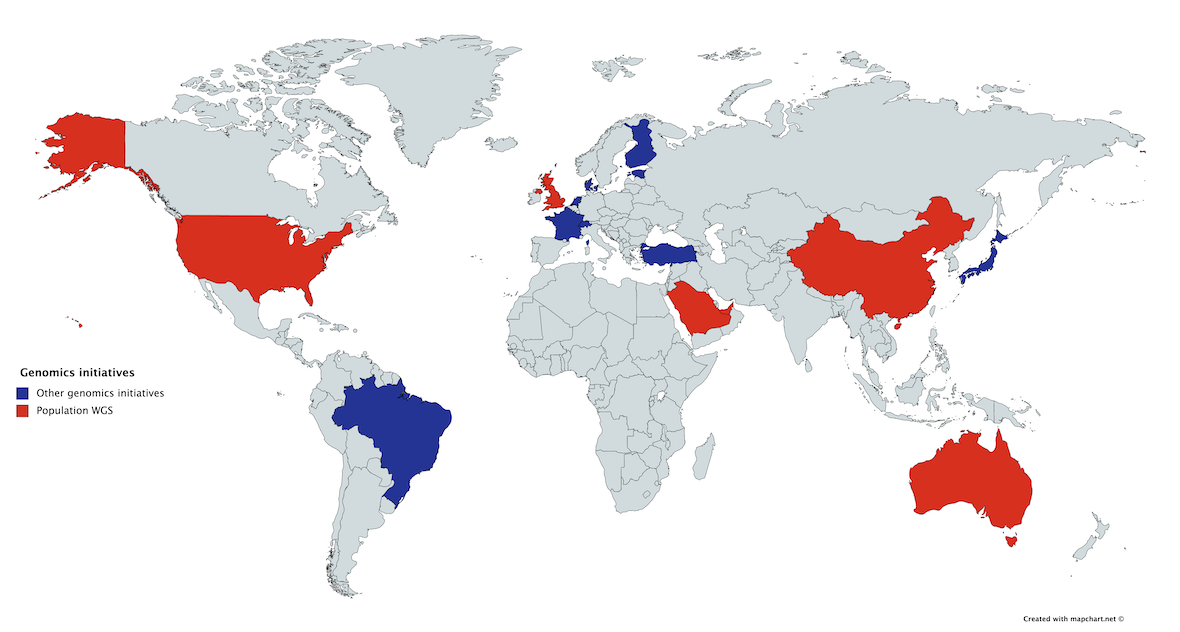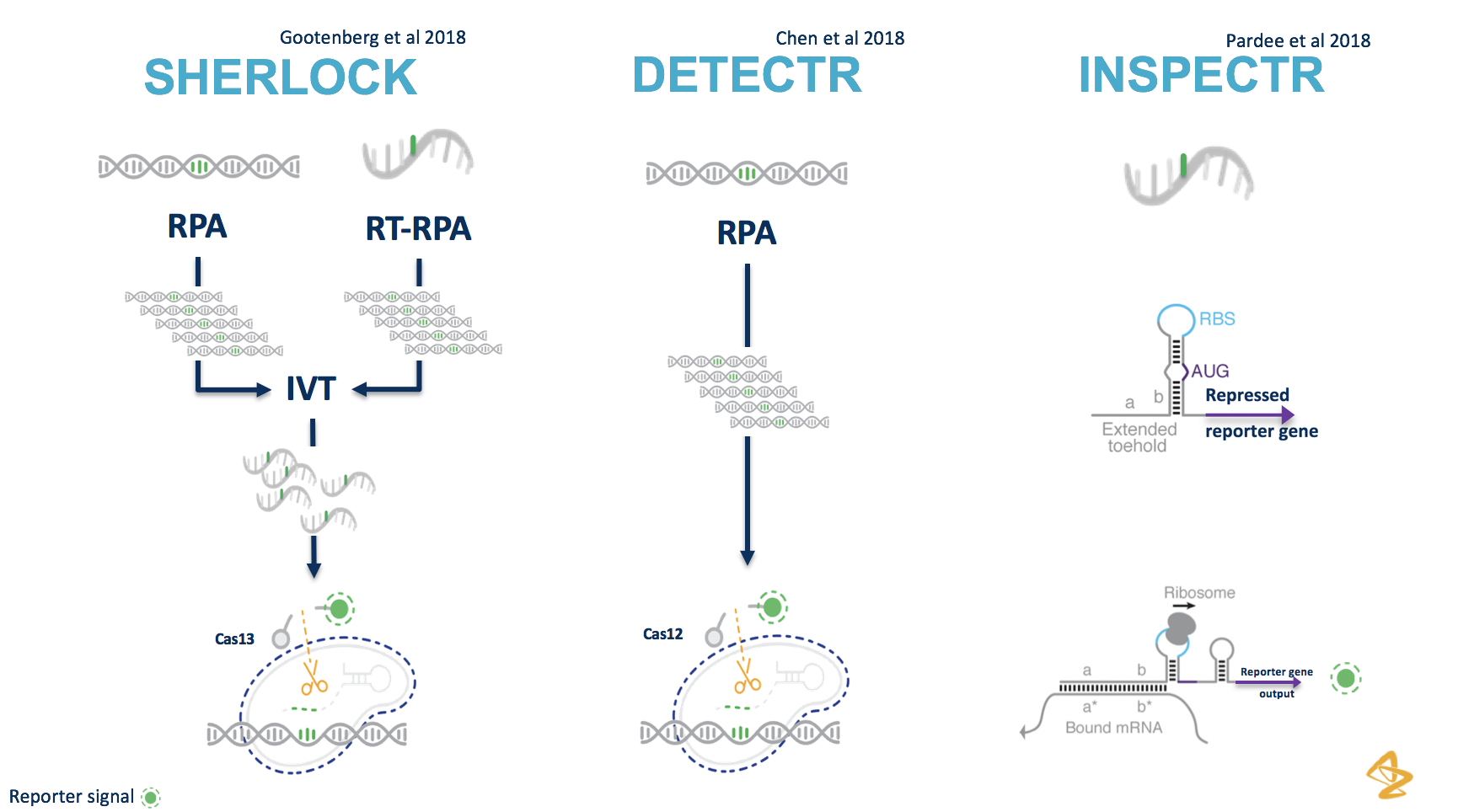A paper just published in Nature Communications describes a molecular analysis of Pancreatic Cancer by tumour exome and ctDNA targeted sequencing. The results showed enrichment of mutations in known PaCa associated genes, and identified clinically actionable mutations in over 1/3rd of patients.
Marc Sausen in Victor Velculescu’s lab at Johns Hopkins analysed 101 patients with Pancreatic cancer using a deep sequencing approach via exome and ctDNA analysis of 115 genes. To maximise tumour content samples were either macro-dissected, or (if that was hard enough) anueploid nuclei were flow sorted after disaggregation. They generated 230x exome and 750x amplicon sequencing.
The three most exciting bits for me were firstly that over a third of the patients had clinically actionable mutations associated with an approved therapy, a therapy in a published clinical trial or a therapy in an ongoing clinical trial. This list included ERBB2 amplification potentially treatable by Herceptin and also reported in a previous ICGC study.
Secondly, that these methods open the possibility of detecting PaCa in asymptomatic patients by focusing on a few specific PaCa mutation. They referenced Newman et al‘s CAPP-seq for NSCLC, which used a 521 exons and 13 introns panel covering 139 recurrently mutated genes, covering only 125 kb; combined with very deep sequencing to around 10,000 fold coverage.
Thirdly they did not use RNA-seq but SAGE for differential gene expression analyses.









Thanks for sharing this important work James!
Not too surprising to me, as Victor developed SAGE way back in 1995. It was something of an embarrassing situation in talking to Burt's group in 2007 about the first Genome Analyzer and had a slide about doing SAGE with NGS.
"…this group certainly knows what this approach is about…" (clicks forward to the next slide)
Hi, we launched a new open and free social platform for scientists, LabWorm.com, to help scientists find the best online resources and take their research to the next level. Check out! 🙂 The intro movie – http://bit.ly/1dTU7yU